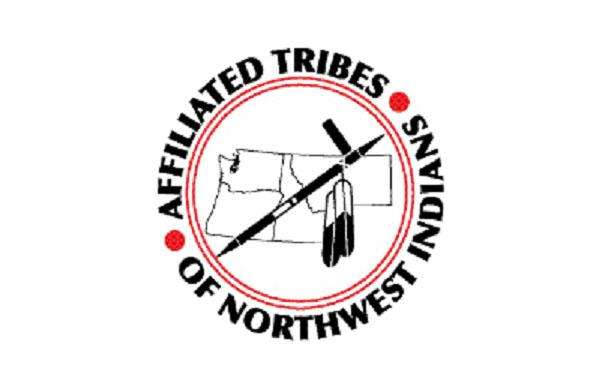By David Schwartz, Reuters
Members of a Native American tribe in Arizona took to the roadways on Monday to protest against a proposal for a massive copper mine at a small town east of Phoenix, vowing to protect sacred lands.
A small group from the San Carlos Apache tribe began a scheduled cross-country caravan to Washington, D.C., to try to persuade the U.S. Congress to save an area known as the Oak Flat campground near Superior, Arizona.
The several dozen protesters hope to garner wide public support and get lawmakers to repeal a land exchange signed last year that paves the way for a $6 billion project by Resolution Copper Mining, a company jointly owned by Britain’s Rio Tinto and Australia’s BHP Billiton Ltd.
“This is sacred land to us and what they are doing is a betrayal,” tribal elder Sandra Rambler said in a telephone interview from the caravan. “It’s like someone ripping the guts out of you right when you’re standing there. We will not sit still and allow this to happen.”
Mine supporters tout its expected benefits, including about 3,700 jobs and $60 billion in economic impacts.
Project spokeswoman Jennifer Russo said the company was committed to involving tribal members and has reached out to “open the lines of communication and work cooperatively to address the issues.”
The battle lines were set in December when President Barack Obama approved the exchange of 2,400 acres (970 hectares) deemed sacred to Native Americans and precious to environmentalists.
The exchange was tucked into a defense spending bill and supported by members of Arizona’s delegation including former Republican presidential contender John McCain, who called the bi-partisan bill a “game-changer” for the area.
He also said in a statement last month that no tribal land or land designated as sacred by the U.S. Interior Department was involved and that the legislation includes key concessions to address opponents’ concerns.
Organizers said plans call for the caravan to stop at Native American reservations nationwide, adding to its ranks along the way. The goal is for 1,000 people to descend on the lawn in front of the U.S. Capitol on July 21, Rambler said.
“We’re the first Americans, and our voices need to be heard and they will be heard,” she said.
(Editing by Cynthia Johnston and Eric Walsh)






